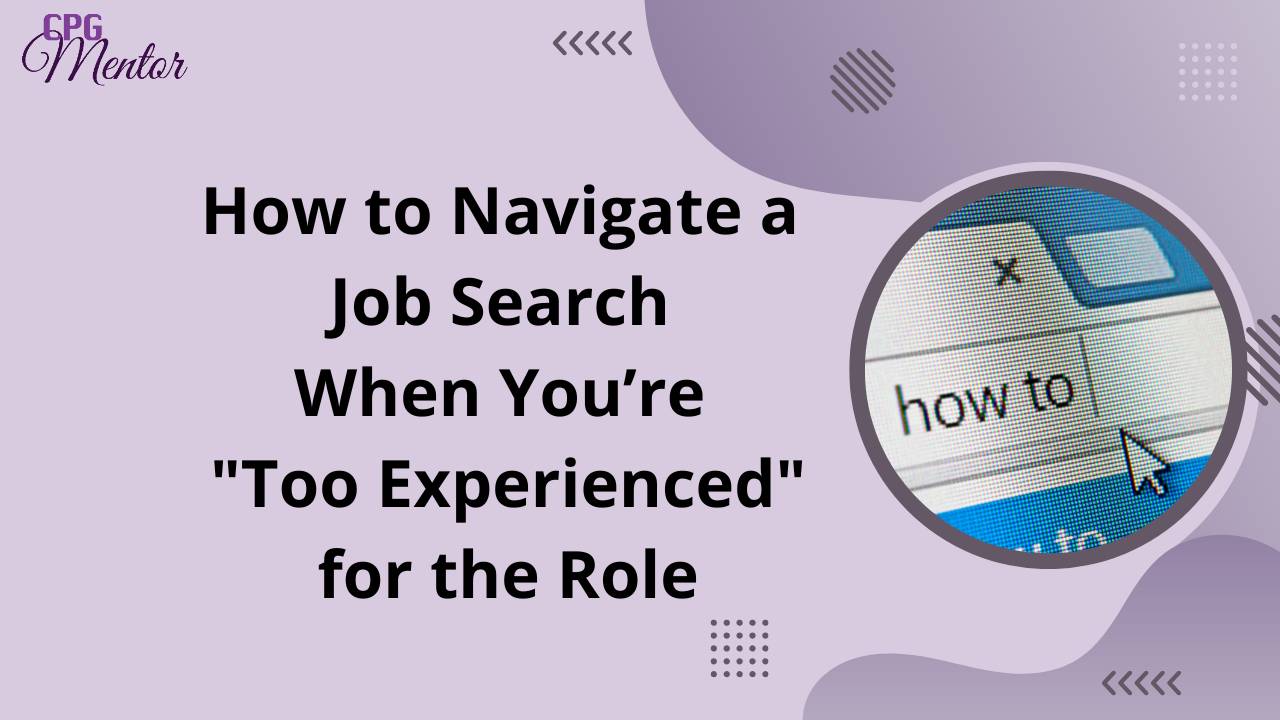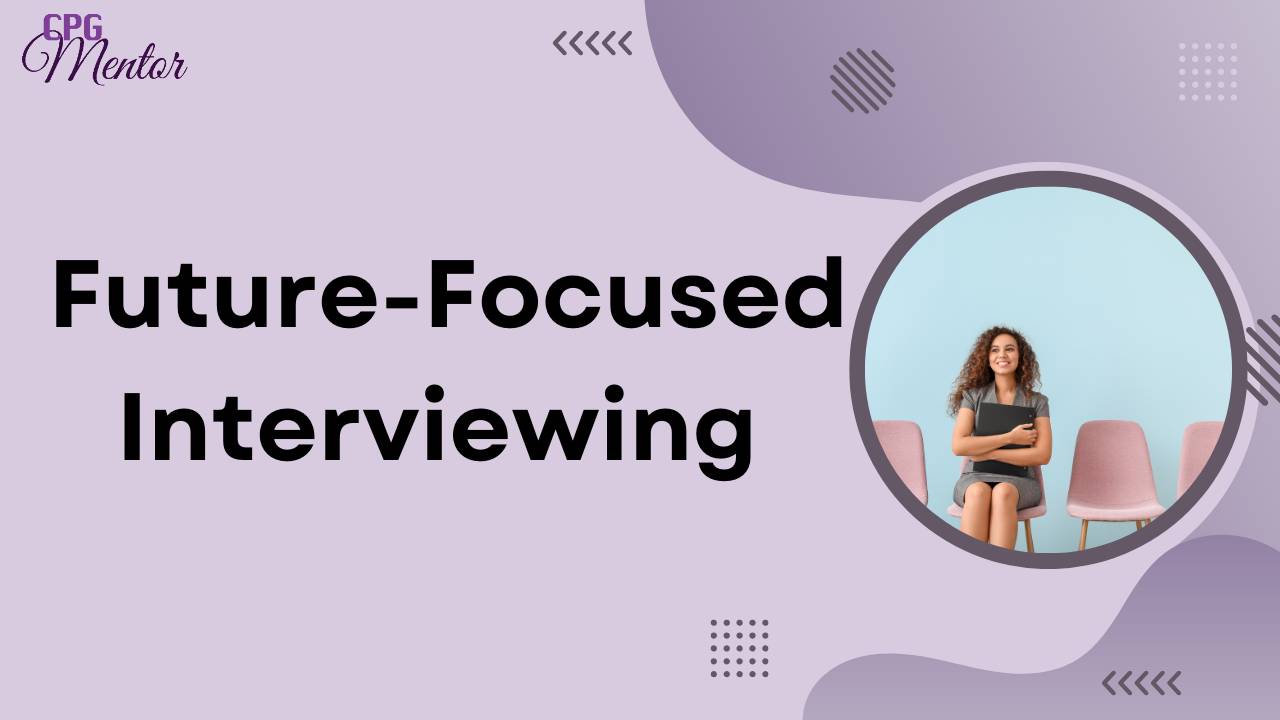How to Network as an Introvert (and Actually Enjoy It)

Networking Doesn’t Have to Feel Forced, Awkward, or Exhausting
If you’re an introvert, you’re proba...
The Mistake Job Seekers Make When Talking About Their Value (And What to Do Instead)

If You’re Listing Job Duties in Interviews, You’re Missing the Point
One of the most common mistake...
"I Don’t Know What I Want to Do Next": How to Figure It Out When You Feel Stuck

Feeling Stuck Doesn’t Mean You’re Lost—It Means You’re Ready for Clarity
If you’re in a job search ...
How to Navigate a Job Search When You're "Too Experienced" for the Role

When You Hear "You're Overqualified" — What It Really Means
If you’ve ever been told, “You’re too c...
Why Companies Hire You– For the Future—Not the Past

Job seekers often spend too much time proving where they’ve been instead of showing where they can t...
What I Wish More Job Seekers Knew About Follow-Ups

The Follow-Up Mistake That’s Costing You Opportunities
Most job seekers send follow-ups like this:
...Stop Giving Your Worst Interviews to the Jobs You Want Most

Why High-Stakes Interviews Feel So Hard
Have you ever nailed an interview for a job you weren’t tha...
The Surprising Way to Make Networking Feel Less Awkward

Networking Doesn’t Have to Feel Like Asking for a Favor
A client once told me, "I hate networking b...
Turn Interviews Into Conversations, Not Tests

She walked into the interview room like she was heading to the principal's office.
Stiff. Scripted....
Interviewing Is Networking: How Every Conversation Builds Your Career

Every Interview Is a Networking Opportunity
When most people think about interviews, they only foc...
